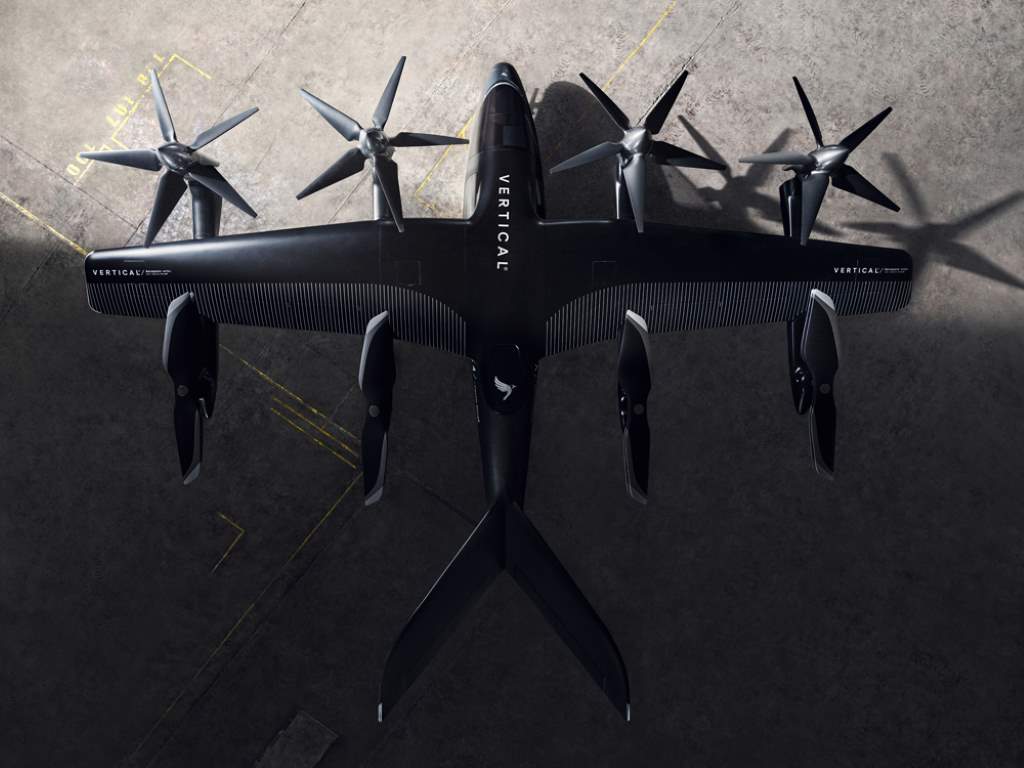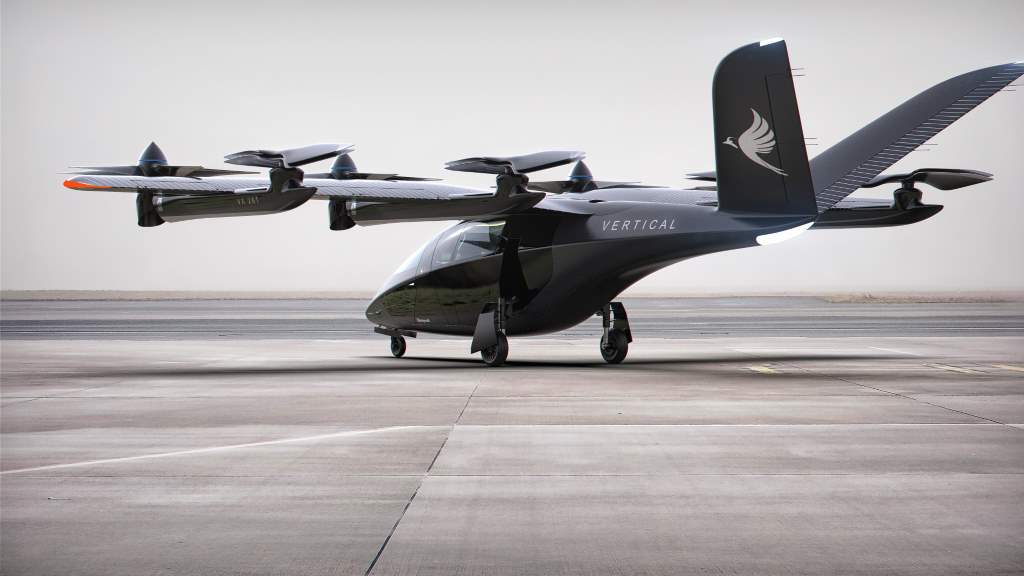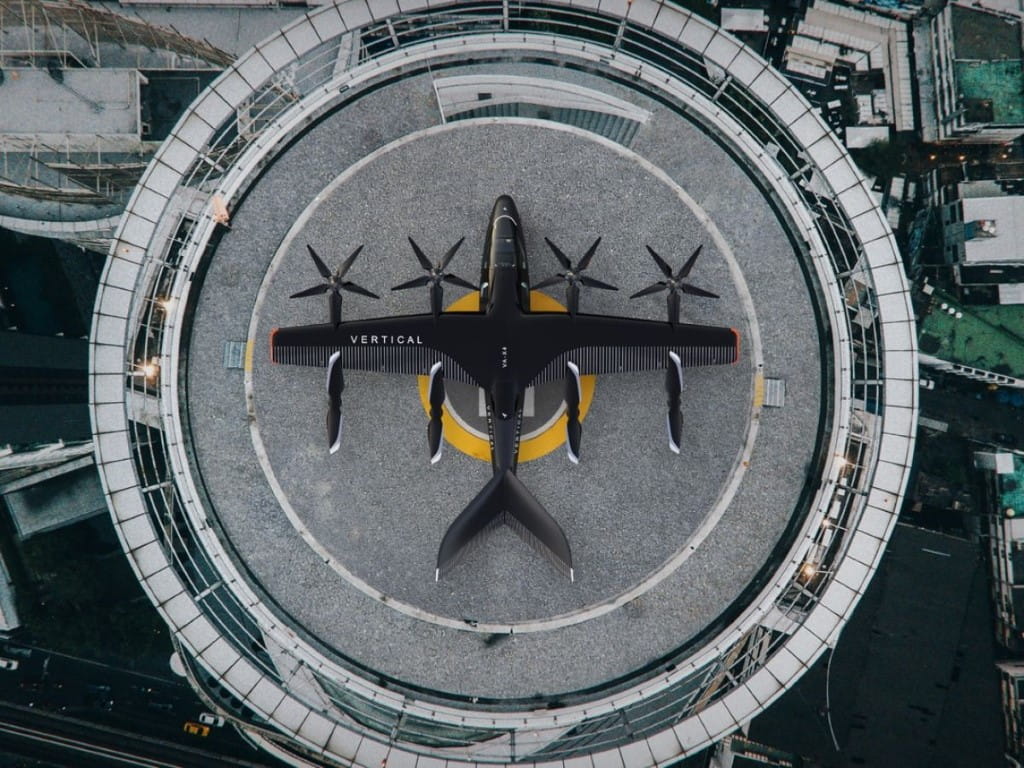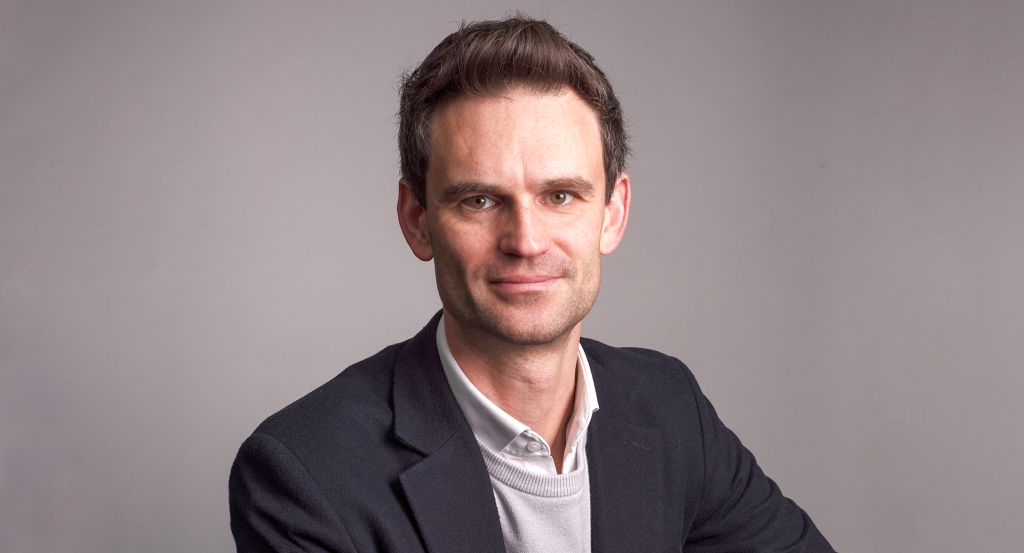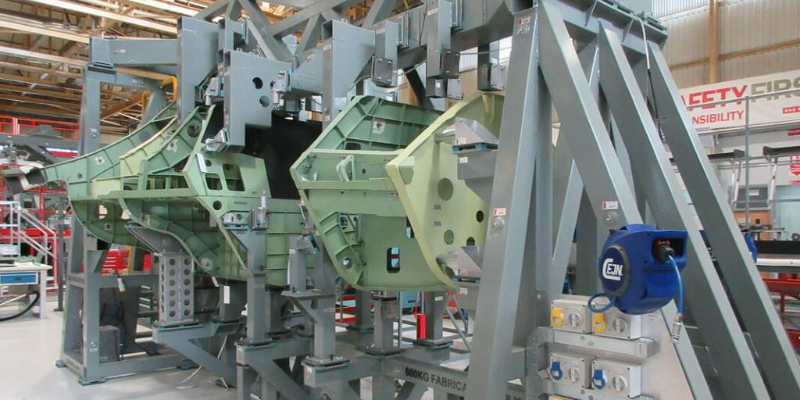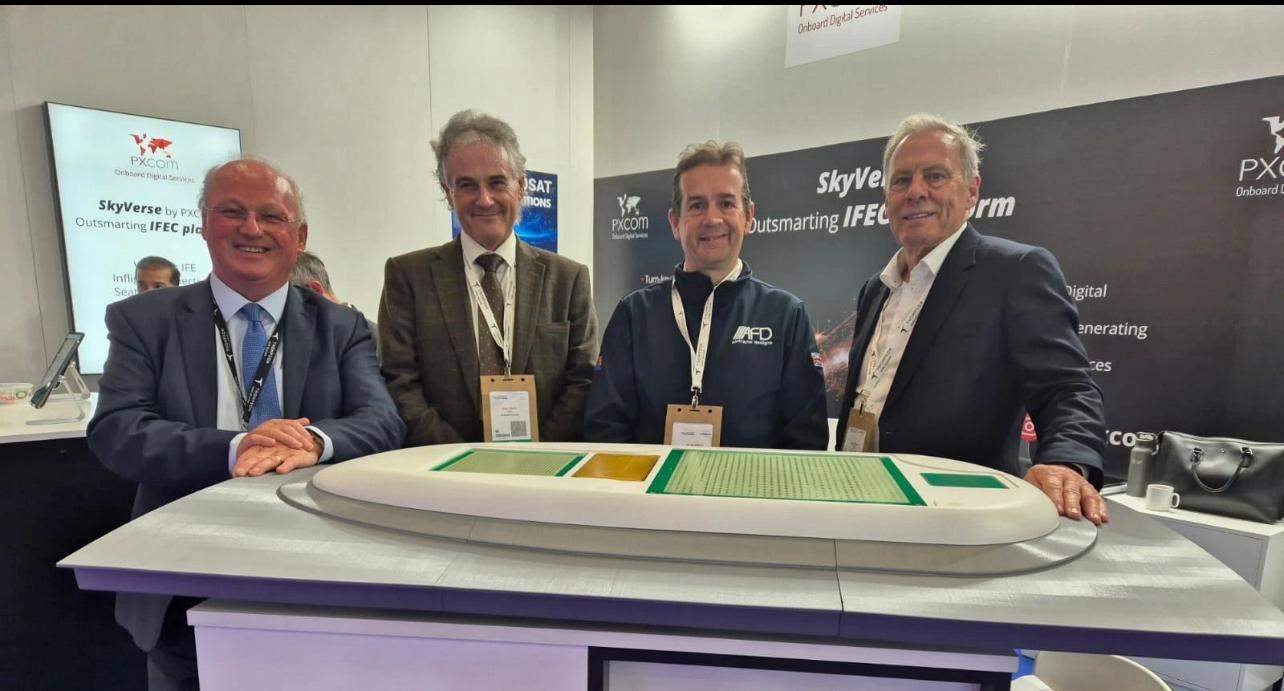
Electric flight for everyone
15th Mar 2021 | In News | By Mike Richardson
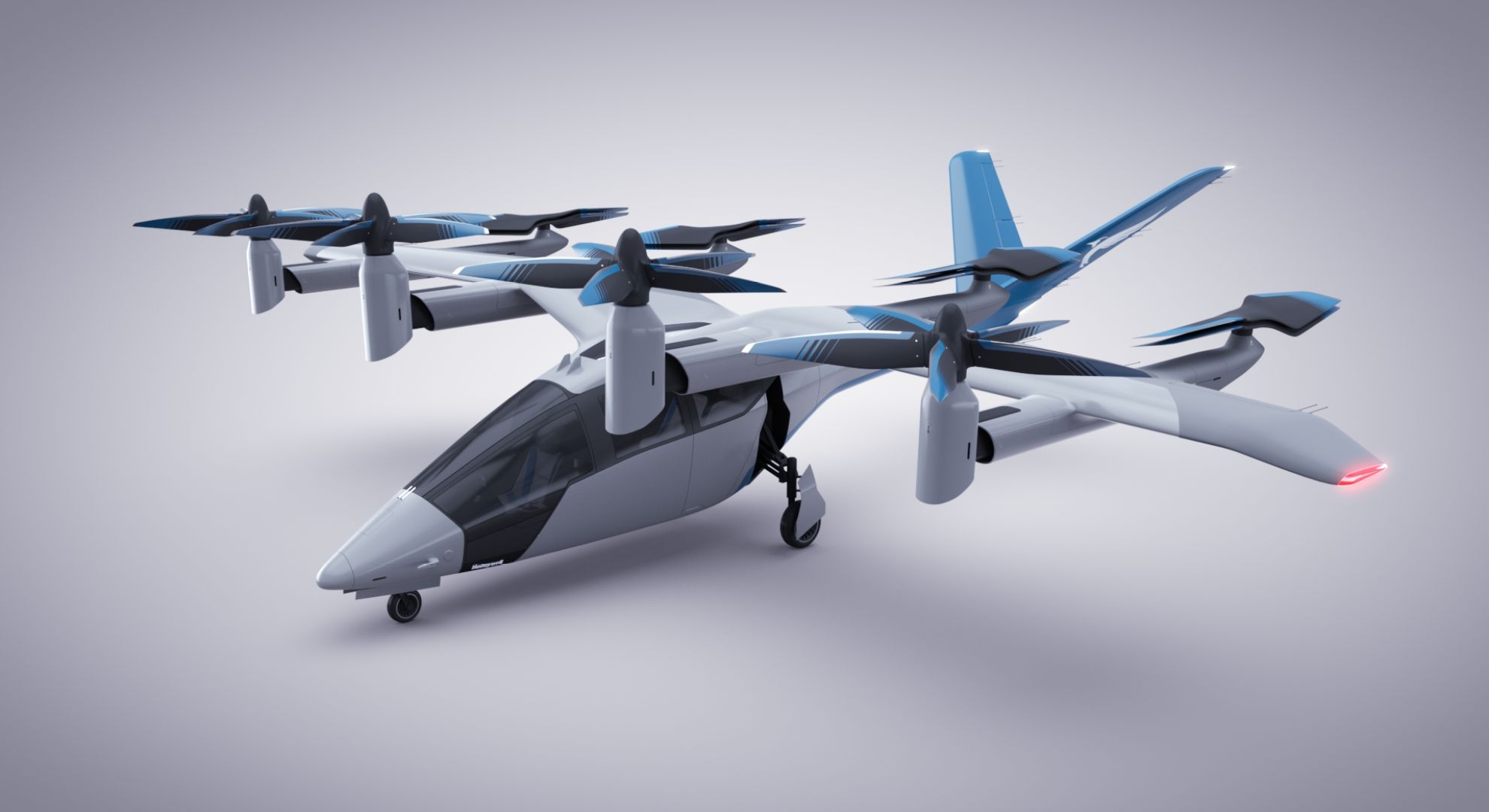
According to Vertical Aerospace, we shouldn’t have to sacrifice the planet we live on to get from A to B, which is why the company says it is working to enable electric flight for everyone. In a Q&A session, Aerospace Manufacturing hears more.
Based in Bristol, one of the world’s top aerospace hubs worldwide and Oxfordshire, the only Formula 1 hub, Vertical Aerospace is all set to become one of the first companies globally to have a certified all-electric vertical take-off and landing aircraft.
Q) Where are you with the latest electric aircraft methodologies and are you partnered into any R&D programmes and technology labs?
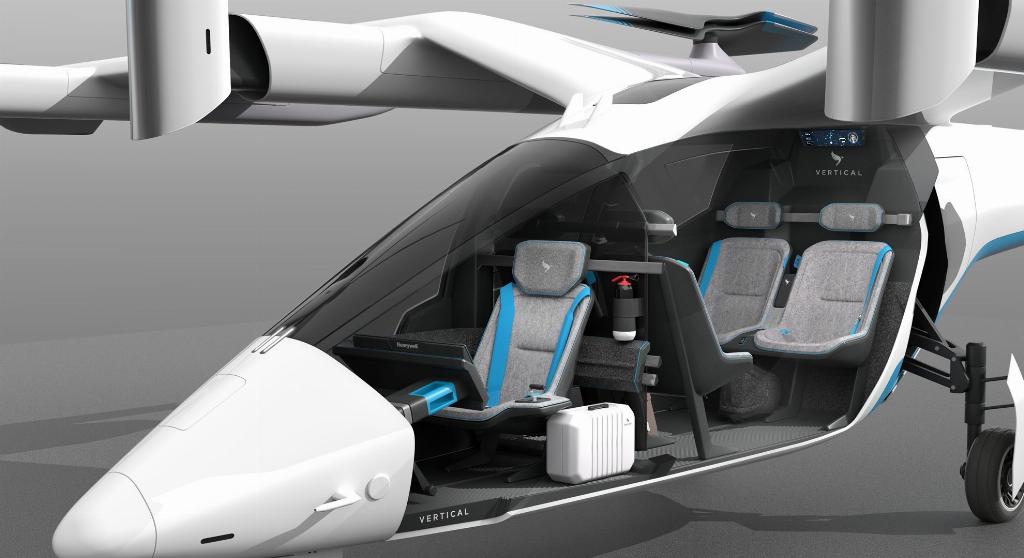
Currently we are focused on UAM/AAM, but we have a dedicated R&D team who are exploring different opportunities across the electric aviation market and are taking advantage of the learnings from all of these sectors. Our end goal is sustainable aviation not just eVTOL. In terms of R&D programmes, we are working closely with the Aerospace Technology Institute (ATI), we currently have a ‘live’ smart charger programme with them, and we are also part of the Government’s Future Flight Challenge.
Q) What are you doing to enable even more sophisticated technologies that can work in harsh environments and exhibit the high reliability demanded by the aerospace industry?
We are partnering with the best in the industry to build in the high degrees of reliability required by regulators. Our ties with Formula 1 also allow us to look at best practice there too - for instance advanced composites.
Q) Do you enjoy healthy R&D funding and support from organisations like the ATI?
The ATI is a fantastic organisation and we are working closely with them. We have already had a project approved to develop smart chargers for our aircraft. We can’t confirm any other funding at this time from the ATI due to confidentiality.
Q) What type of battery technology is most suitable in finding the most traction within the aerospace industry?
Li-ion battery technology is among the available proven and production battery technologies. It has the optimum balance of high energy density and power density, which is required for eVTOL applications.
Q) What technological barriers do you overcome in order to get your new battery offerings to market?
Achieving a reasonably lightweight battery solution while meeting the high safety standards of the aerospace industry to achieve certification is the main barrier to overcome. We are also working closely with certification agencies like EASA to over these barriers and are also leading the EUROCAE battery committee.
Q) Aircraft battery technology seems to be a sticking point in terms of weight reduction. Is the technology lagging behind industry demands?
There is a clear indication of steady improvement in battery technology in terms of increasing energy density. Saying that, a lot of weight saving can be achieved by being more clever in the battery architecture design and aircraft integration. Aerospace electrification is relatively new and there is still a lot of room for engineering innovation.
Q) What really differentiates and sets you apart from the competition?
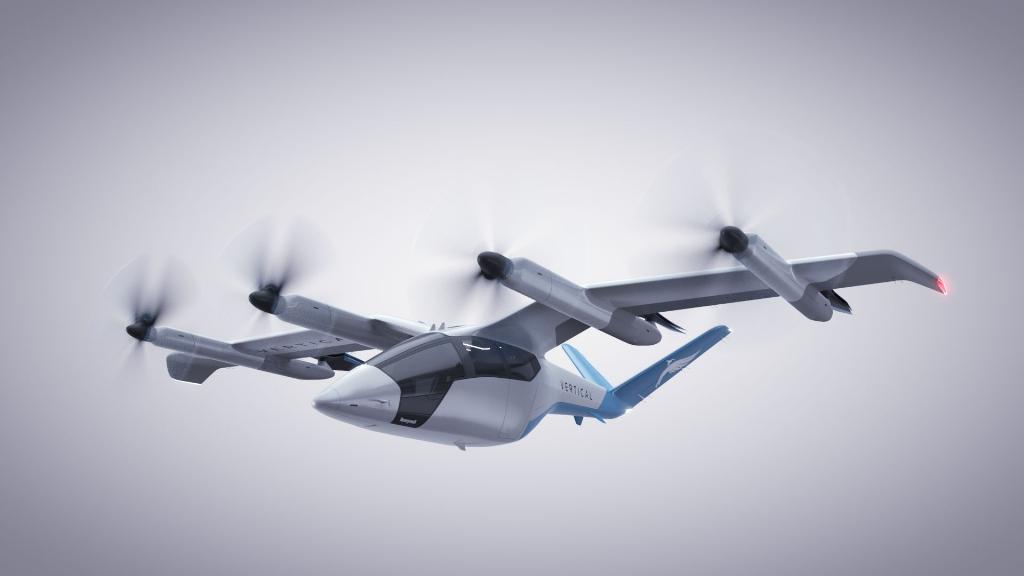
We are credible, we are one of a handful of companies globally to have flown two full-scale, all-electric VTOL aircraft, both with CAA approval. We are also working closely with regulators, for instance we are leading the EUROCAE battery committee.
We combine the rigour and discipline of aerospace with the pace and agility of Formula 1 which allows us to think in different ways. Our location supports this, and with our hubs in Bristol and Oxfordshire, we have fantastic access to the best talent.
We’re not trying to do everything ourselves, and one of our key philosophies is partnering well. For instance, Honeywell is working alongside us to develop our flight control systems.
Q) Is there a particular area of your business that has been hit by the pandemic or is everyone equally affected?
The aerospace industry as a whole has been affected terribly by the pandemic with flight numbers plunging as restrictions limit travel heavily. This has then filtered back to aircraft sales and manufacture.
We have been fortunate to be able to continue working pretty much seamlessly. We are completely cloud-based, which allowed for an easy transition to home working and are as busy as ever working on VA-X4.
Q) What particular aspect has helped your company get through the pandemic?
Our Cloud first strategy and emphasis on SaaS ensures our staff get the same experience at home as they do in the office. When the lockdown was announced, staff simply logged on from home and carried on working as normal.
Q) Do you think companies should be using this pandemic enforced downtime to effectively ‘reset’ and look at how efficiently they are running their businesses?
It’s a great opportunity for businesses to look at this if they have the time and capacity. From our side, we have been working much as we were before and are full steam ahead on VA-X4. It has definitely made us take a look at our working practices and how to best use office time and communicate effectively.
Q) Do you have any ‘good news’ that your company has performed, i.e. manufacturing PPE for the NHS, and are there any positives to come out of all this?
We used our 3D printers to print face shields and mask ear protectors to be distributed to local medical services through a 3D printing group.
Carbon emissions fell during lockdown, in part due to transportation. With this came the realisation that we still have time to reduce our emissions. This has encouraged the move towards a new wave of sustainable aviation.
Q) What kind of industry landscape will we face when everything gets back to normal?
Yes, ‘normal’ is looking like it might be a lot different in future. We think the industry will be a lot more sustainably focused as it grows again.
Q) What are your thoughts about the fact that there won’t be any tradeshows for the foreseeable future?
It has been a good reset in some ways in being able to step back and really look at which shows bring the best value. Although a lot of work can now be conducted online, we believe that there will always be value found in a face to face meeting.
Q) Where to next for your company?
We are at an incredibly exciting time for Vertical. We are currently building VA-X4 and will fly it later this year, remotely piloted firstly but we should have a pilot flying in VA-X4 this year too. From there we will start our certification programme with the intention of certifying by the end of 2024 and starting commercial services shortly afterwards.
Q) Finally, where do you see the biggest business challenge coming from this year?
2021 is the year we are building and flying VA-X4 so there’s a huge amount of work to go into that, but we are prepared and working hard towards this goal.
Consider a free digital subscription
If you find this article informative, consider subscribing digitally to Aerospace Manufacturing for free. Keep up to date with the latest industry news in your inbox as well as being the first to receive our magazine in digital form.


